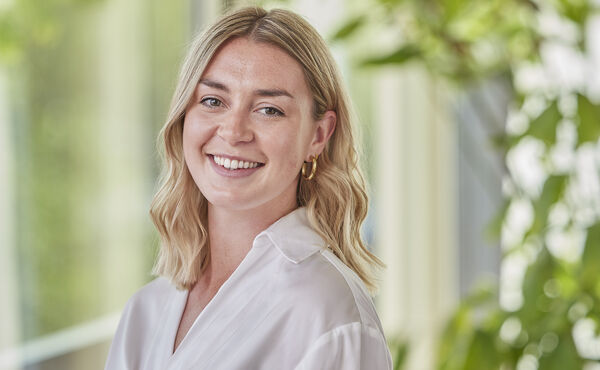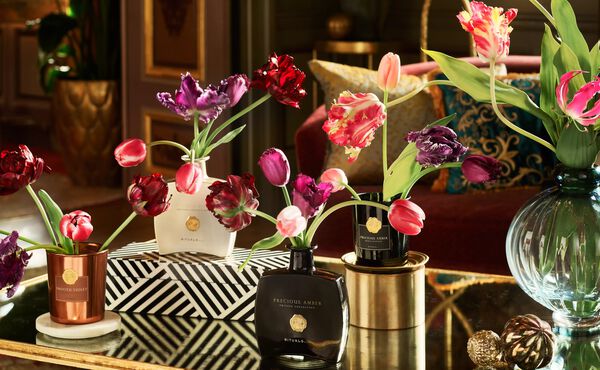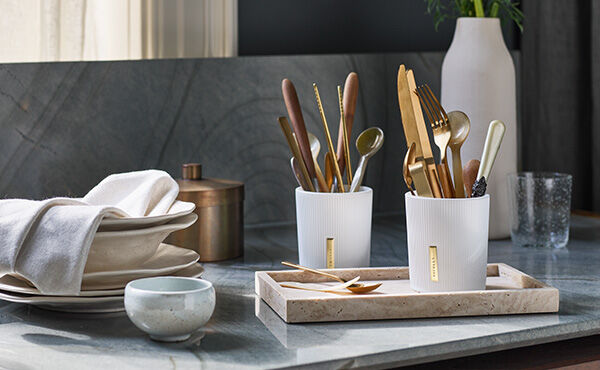You asked, and we answered. Here are our most frequently asked sustainability questions, and all the answers you need to know
According to a 2021 report, 85 per cent of people said they have shifted their shopping habits to favour a more sustainable lifestyle, so it looks like the hunt for more sustainable products is here to stay.
But with fast-changing climate news and so many ‘eco-friendly’ products on the shelves, it can be hard to know what to look for. It’s not surprising then, that lots of you have questions. Our customer service department has been inundated with sustainability queries, as has Google, so we’ve answered the top 10 below.
1) What does sustainability mean?
According to Google, this was the top sustainability question of 2022 with a massive 58,000 average searches per month. It's not surprising that people are asking this really, it’s a word that is frequently used, across many different channels.
In short, sustainability means the ability for us to keep existing, without using up the world's resources and building a resilient future for the coming generations. For us at Rituals, that means we are constantly looking for ways to reduce our impact on the environment.
2) Why are natural origin ingredients better for the planet?
A natural origin ingredient is one that has been physically extracted from something natural e.g. a plant or mineral– meaning it’s not synthetic. The interest in more natural-based products has come around in recent years after the realisation that synthetic ingredients include toxins that can be harmful to our skin but also to the environment as they can escape into marine life and waterways.
At Rituals, we have made it our goal that by the end of this year, that all our personal care products will contain over 90% natural origin ingredients. So why is our goal 90% rather than 100%? Synthetic ingredients often help to preserve the product and, in that way, they help avoid waste.
3) Does Rituals test on animals?
No. Since our company started in 2000 no products or ingredients have been tested on animals and they never will be. Luckily, we have lots of enthusiastic volunteers and friends who help us test them instead.
4) What does eco-friendly mean?
This is one we see a lot, not just in beauty products but in lots of household products too. According to the Cambridge English dictionary, the definition of eco-friendly is something that has little to no damaging effect on the environment. At the very least, this should mean a product isn’t toxic, but just by the range of ‘little to none’, you can see the wiggle room for companies making claims that might not necessarily be true.
People opt for eco-friendly products because we want them to be good for both their bodies and the planet. So, when you’re shopping and see ‘eco friendly’ on the packaging – make sure you check the label to ensure the product is green certified.
5) Can all Rituals products be recycled?
Not quite yet, but we are working on it! We have made it a company goal that by 2025, 100% of our products will be refillable, recyclable and/or made from recycled materials. To read more about our goal, head to our sustainability report.
6) Why are microplastics bad for the environment?
Using microplastics in bath/shower products means they are washed down the drain and therefore flushed into the oceans. These tiny bits of plastic pose a risk to sea life as they can be ingested by a wide range of animals. Ecologists have even found that the plastic can make its way into drinking water (yikes!).
Many years ago, Rituals decided to not use microbeads in any of our products. Instead, we have found lots of natural alternatives like sea salt, sugar pumice (volcanic rock) and bamboo that are incredible exfoliants.
7) Is it better for me to refill rather than recycle?
Refill! Definitely. As great as recycling is, it’s energy intensive. The most sustainable way to deal with your empty products is to reuse or refill them. Discover lots of ways you can upcycle your old Rituals products here.
8) Does Rituals use palm oil?
We use 99% RSPO certified palm oil. If you’re wondering why use it at all? Aside from its incredible skin benefits, it’s a very high-yielding crop – meaning it needs a lot less land than other crops like coconut oil, for example. According to the RSPO, when grown responsibly palm oil ‘helps protect the environment, communities, employees and wildlife’.
9) What’s more important ‘Vegan’ or ‘Organic’?
This one is up to you! A vegan product means it contains no animal or animal-derived ingredients e.g. honey or beeswax. Organic means the ingredients have been farmed organically by natural methods. The choice is yours, and a product can be both.
Do you have more questions? Our customer service department is always happy to help. Discover all the ways you can contact them here. Or, head to our sustainability report where we outline all our goals, efforts and commitments around sustainable wellbeing.
-
Skatīt visu€ 16,90
-
Skatīt visu€ 17,90
-
Skatīt visu€ 18,90










